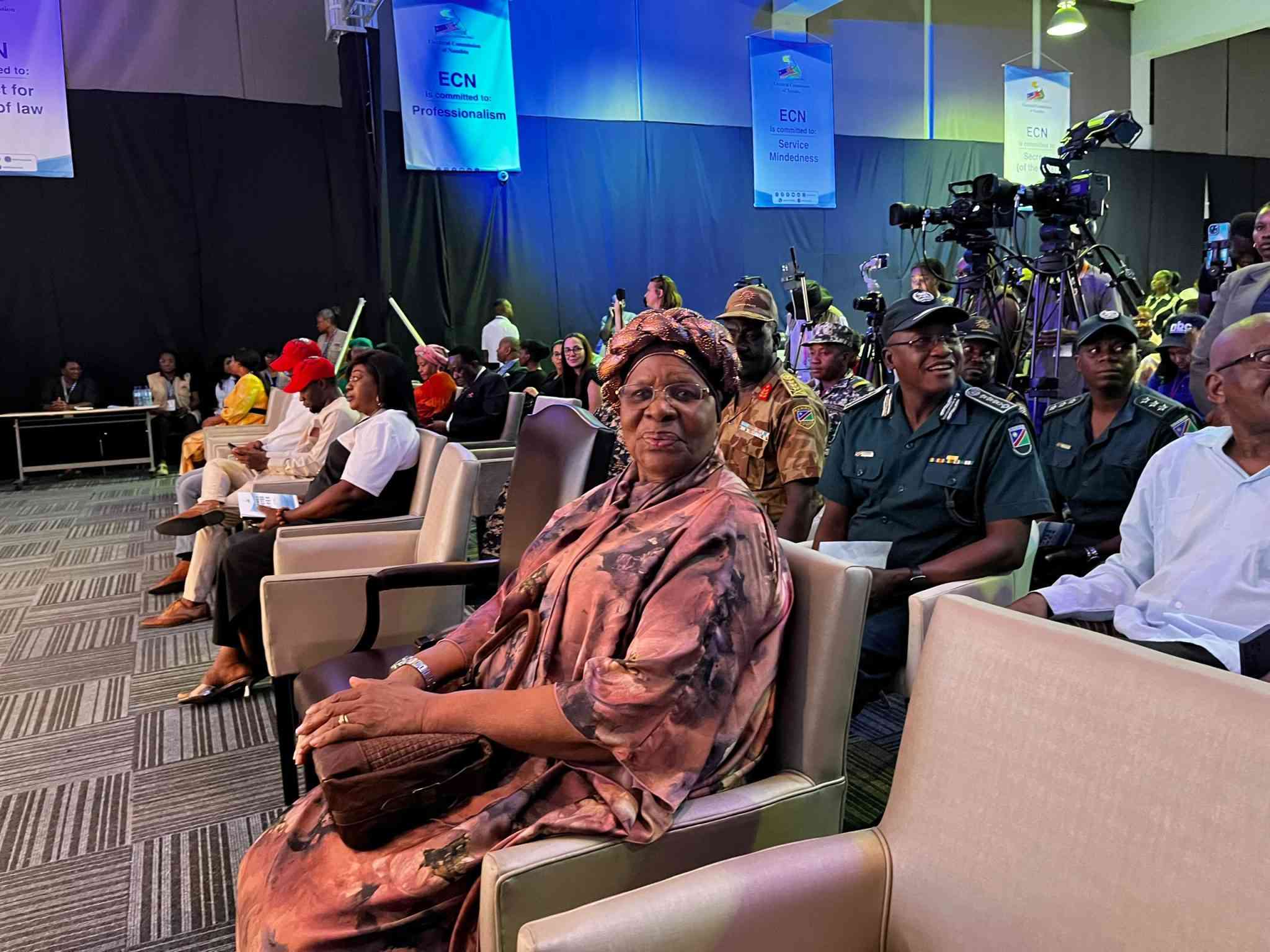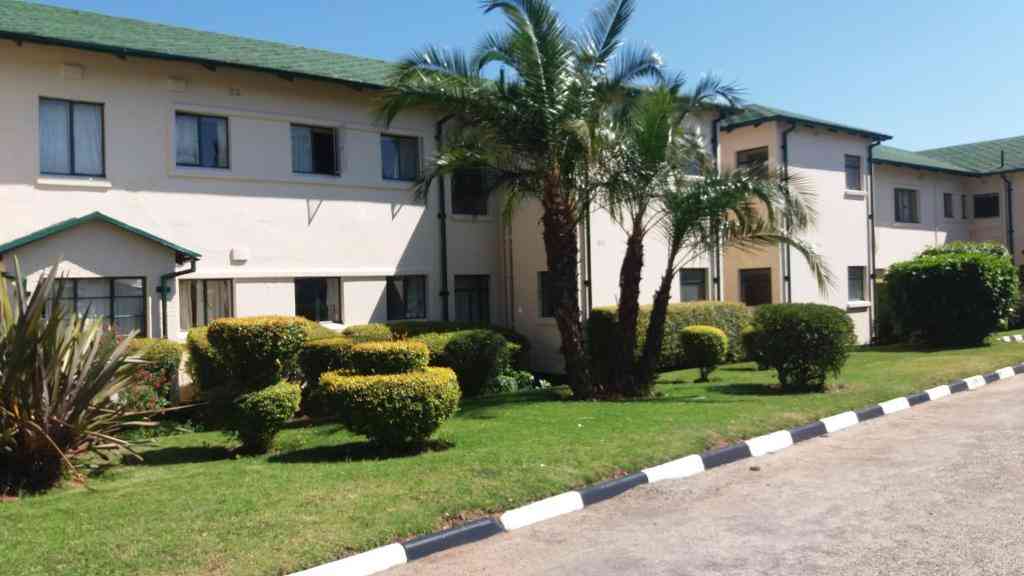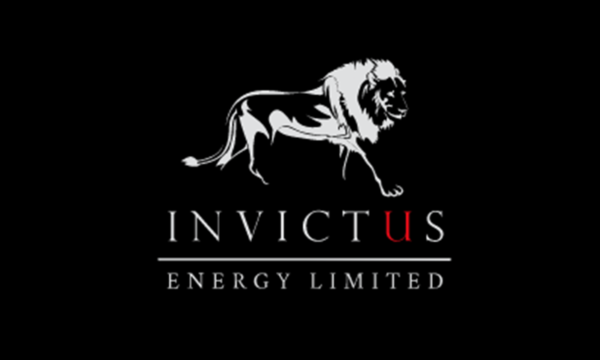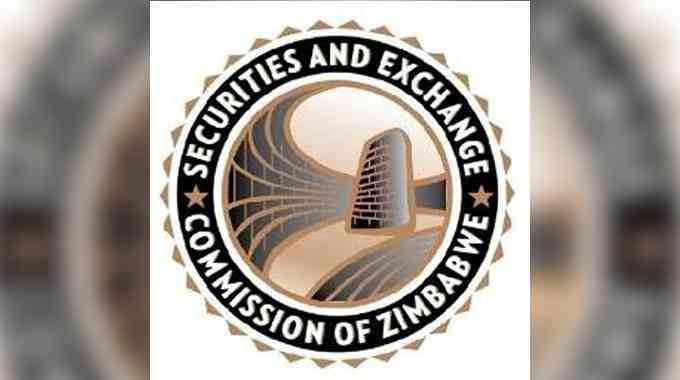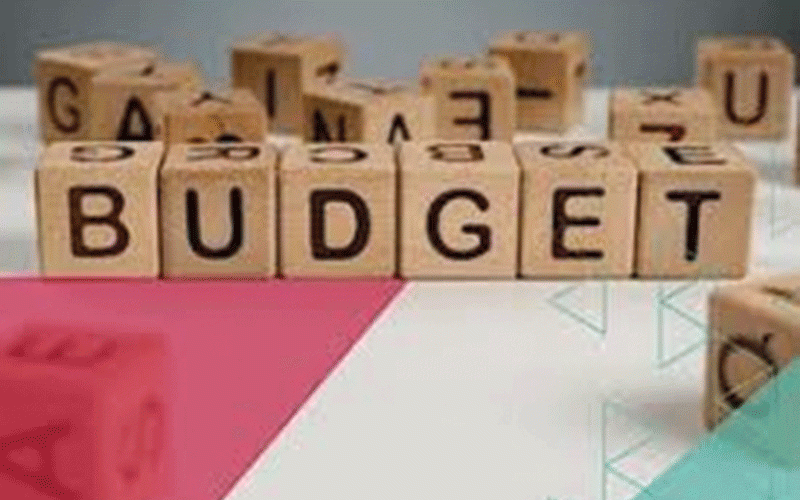
LOCAL industry experts have labelled the 2025 National Budget as inflationary, owing to the jump in expenditure compared to this year’s budget. Finance, Economic Development and Investment Promotion minister Mthuli Ncube last week presented a ZiG276,4 billion 2025 National Budget, against expected revenue of ZWG270,3 billion.
Meanwhile, total revenue collections for the current fiscal year are projected at ZiG110,7 billion while expenditures will reach ZiG119,97 billion.
With only 6% economic growth projected for 2025, Treasury will be left with few options to fund government expenditure for next year as tax increases will not be enough to match the 130,39% budget increase.
The new taxes, effective January 1, 2025, are on plastic bags, betting, rental income and fast foods.
“When you get hold of the national budget, the first thing you have to look at is the current expenditure and the next year’s expenditure. If you look at the current expenditure estimates, it is ZiG110 billion, right? The next expenditure is ZiG270 billion and the increase is 145%. So that is what the government is expecting to get so that it can spend,” economist Brains Muchemwa said, at a Zimbabwe Association of Funeral Assurers post-budget breakfast meeting yesterday.
“The government is expecting to improve its revenue collections by 145%. So, the question that you should therefore ask yourself is, how is the government going to get this additional revenue? Let us look at what the government has said. It says in the budget, that it is going to implement its revenue enhancement measures to improve revenue.”
He said the economy was highly informal, making the government’s revenue collection efforts difficult.
“The problem in Zimbabwe is that when you look at the wall of the CBD [central business district], it is now an informal sector. I think that is when you discover that your country is on the wrong footing. You cannot have the whole CBD informal. You look at most of these high-rise buildings, they are empty, occupancy range between 20-25%. They are also dirty. They have been abandoned for a long time,” Muchemwa said.
- Budget dampens workers’ hopes
- Govt issues $24 billion Covid-19 guarantees
- Letter to my People:They have no answers for Nero’s charisma
- ZMX to enhance farm profitability
Keep Reading
“My point is that you cannot therefore expect that the government is going to raise 145% more revenue from a very small sector. When you look at a government revenue estimate as such, therefore, understand that if the government is going to have revenue at ZiG270 billion, it means that next year we are going to have very high inflation.”
He urged citizens to forget about the assumption that government would stabilise inflation.
“How do you have stable inflation when your revenues are increasing at 145%? The major problem is if the government was running a budget where it spends what it would have collected, we would not have a problem,” Muchemwa said. Zimbabwe National Chamber of Commerce chief executive officer Christopher Mugaga raised concerns about public debt as it will also curtail the budget.
“The reliance on domestic resources to deal with the US$21 billion debt is not possible. This debt needs to be paid, but the capacity to repay it is not there, and it is quite difficult. International relations will remain strained in the short to medium term. I am not sure what will happen in the long term,” he said.
“What are the key messages? A budget statement is not a credible party to debt resolution. It is a two-legged pot, and it is internal and inward-looking. We need to deal with the US$21 billion debt. The government must focus on widening the tax base and not deepening it.”
He noted that the government needed to allow a more market-driven economy
“The problem is that there is no appetite in our government for a market-driven economy. As an association, when we engage the government in lobbying, the issue is to push for market-driven economics,” Mugaga said.
“Furthermore, the budget statement does not address the key issues of property rights, fiscal discipline and corruption. The government needs to decide whether it wants to promote a market-driven economy or continue with a command economy.”
He said the current budget deficit was unsustainable and government needed to address it.

